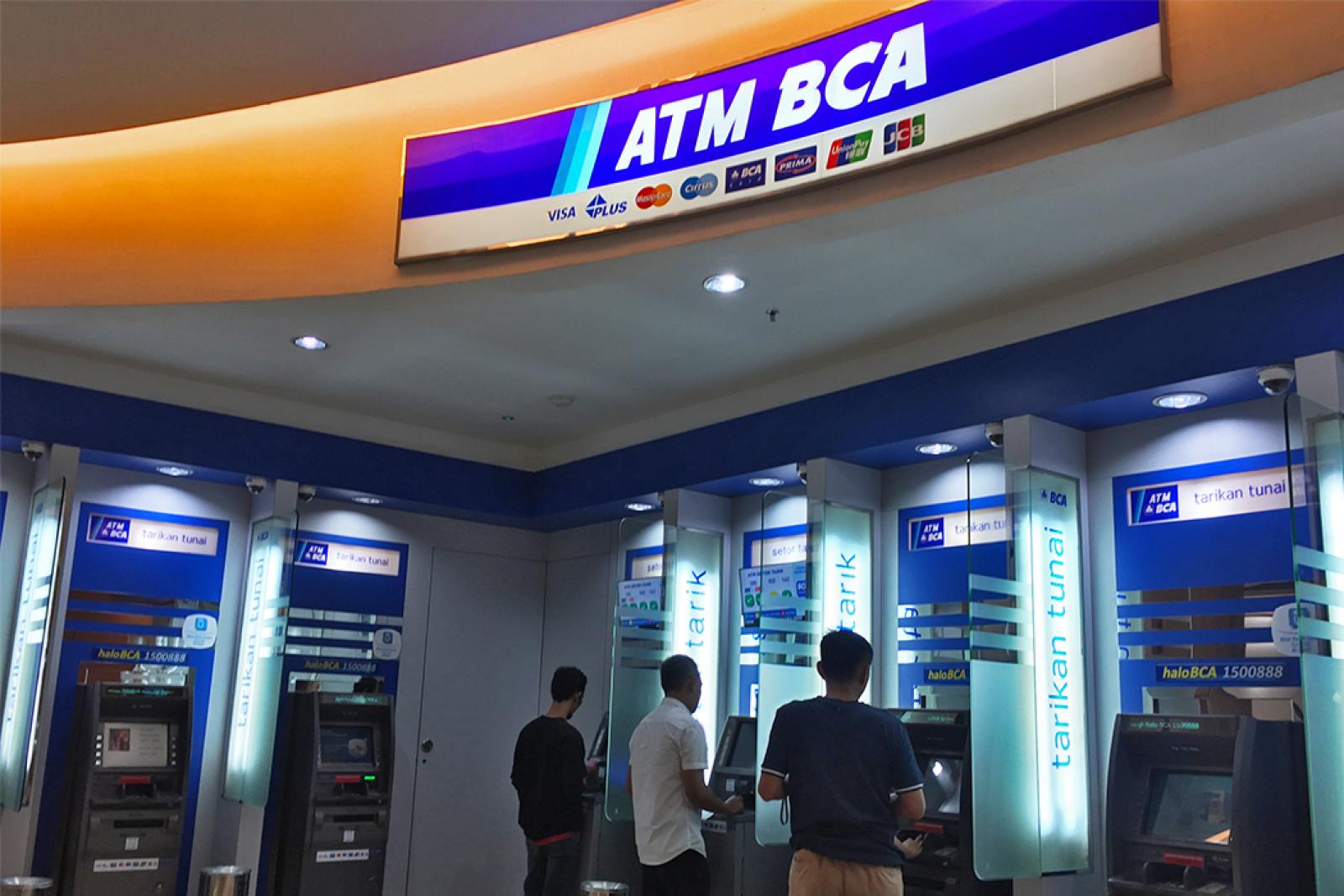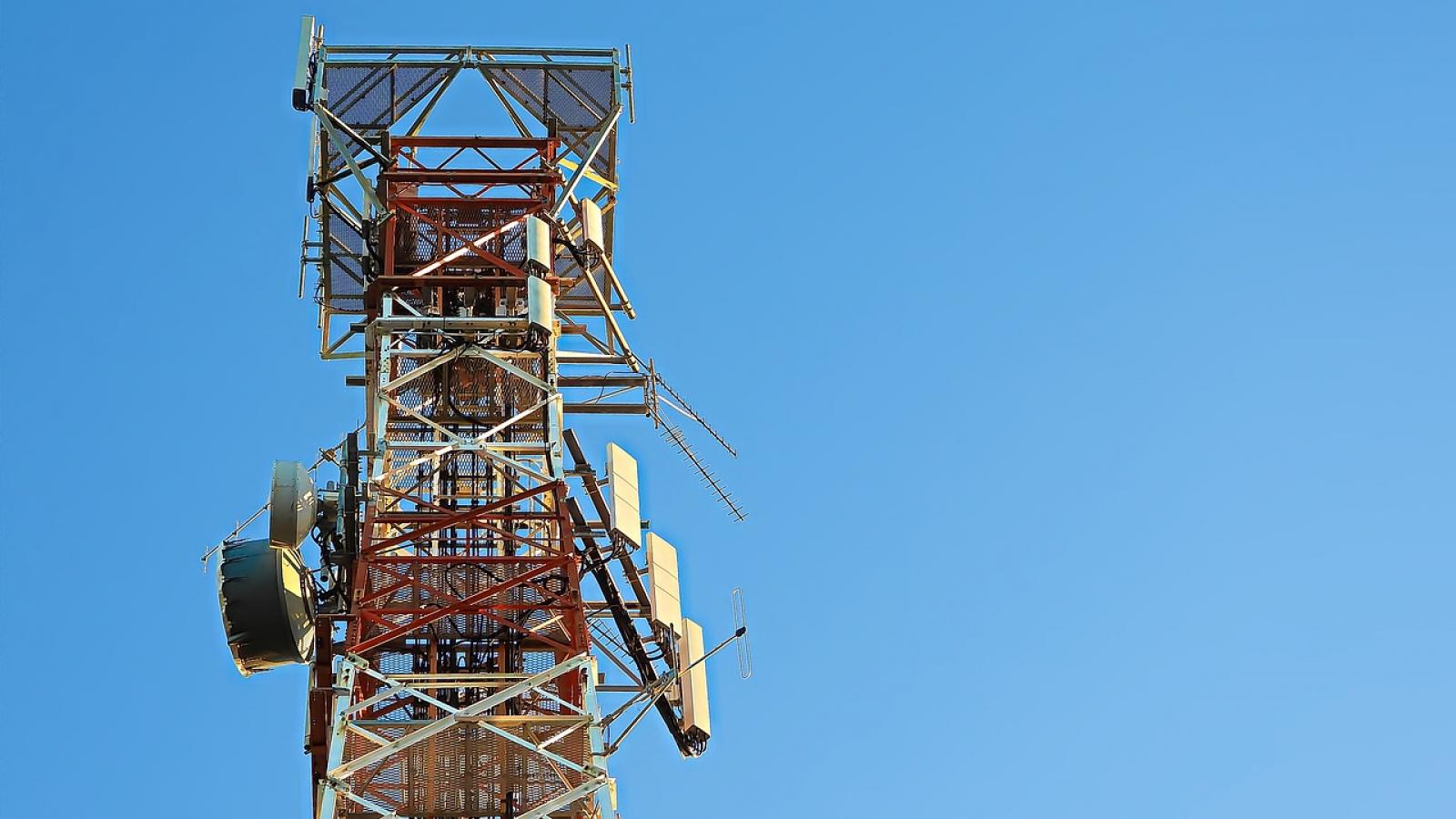Lee Jun-seo, the Chairman of the KSA, claimed that as “digital assets” were set to play such a key role in financial markets, “more detailed legislation” was now “inevitable.”
He claimed that failing to roll out this legislation would “increase financial market instability” and spark “consumer protection issues.”
Lee reminded attendees that lawmakers have “an STO bill pending in the National Assembly.”
But he called for Seoul to “systematically reorganize” the financial sector’s “issuance and distribution infrastructure” to make space for STOs.
This will help STOs power “a new economic growth engine,” Lee said.
Korea Investment Real Asset Management and Indonesia's Sinar Mas have set up a joint venture to build a hyperscale data center in Indonesia in a $300 million project. KoreaInvestmentRealAssetManagement #KuninganMasGemilang #SinarMas #Indonesiadatacenterhttps://t.co/LUZRBdoW4C
— The Korea Economic Daily (@kedglobal) August 27, 2024
“Advanced economies around the world are locked in a fierce competition. They want to use blockchain technology to lead financial infrastructure innovation and the digital asset market. South Korea cannot afford to fall behind in this trend. We must urgently roll out tokenized securities-related legislation.”
Seo Yu-seok, head of the Korea Financial Investment Association
‘Urgent Need’ for STO Regulation
Industry chiefs concurred. Ryu Ji-hae, a director at the South Korean securities giant Mirae Asset, said:
“If the token securities system is brought within the framework of the law, the industry will be able to develop various underlying assets and innovative financial products.”
Ryu claimed that that legal recognition of distributed ledgers could be a “first step toward blockchain establishing itself as a core component of the financial industry.”
The Bank of Korea on Tuesday called for an overhaul in South Korea's hypercompetitive university entrance exam, linking it to the rapid decline in the country's birth rate and the concentration of people in Seoul. https://t.co/D3iEUjRGyV
— Nikkei Asia (@NikkeiAsia) August 27, 2024
Participants in an ensuing panel discussion also agreed that Seoul needed to roll out “relevant laws” for the STO industry.
They also opined that the government should “support companies entering the virtual assets market.”
Firms ‘Lining up’ to Launch Tokenized Securities Products
Others claimed that the “general” South Korean companies – not just fintech firms and securities providers – should also be allowed “easy access” to the STO markets.
Media outlets have previously reported that “multiple” South Korean companies have already prepared STO platforms in preparation for government approval.
Banks and others think that the nation’s STO market will be worth $287 billion by 2030. Media analysts say the biggest commercial banks in the country are “lining up” to move into the sector.
Global regulators may also turn their attention to the STO markets, experts claim.
Kevin Murcko, the CEO and Founder of CoinMetro, told Cryptonews.com:
“The tokenization of already de-materialized markets, such as equities, can optimize settlements, reducing the time factor and thus the opportunity costs.”
But Murcko believes that the global tokenization drive will eventually expand beyond the world of securities.
He said the drive would eventually move onto “historically illiquid markets,” including art and gems.
“The broader tokenization of Real World Assets has the potential to create far more exciting changes. Tokenizing these asset types opens up liquidity, making it easier to source, fund, and exit investment options in historically illiquid markets.”
Kevin Murcko, CEO and Founder of CoinMetro





